When Microsoft outlined plans to shutter its Mixer streaming platform, prominent streamers were left scrambling to stay afloat. These are their stories.
Microsoft recently announced a withdrawal from the live-streaming space, with the closure of Mixer, its ambitious response to Twitch's soaring success. The industry looks more lucrative than ever and is host to some of the hottest emerging digital talent, with online viewership on the rise. But Mixer winds down operations on July 22, 2020, presenting its members only a brief window to jump ship, before disappearing from the web.
That Monday afternoon, Mixer creators across the globe stumbled on the single tweet thread — one that immediately uprooted their live-streaming careers. The announcement was unexpected and seen as callous by many, with one month to shift elsewhere ahead of the closure. The move exposed the underlying volatility for any streaming career, leaving many top personalities speechless, following a year of soaring mindshare amid high-profile talent acquisitions.
Mixer never prevailed as a true Twitch or YouTube contender, but Microsoft managed to propel the service into the spotlight. With an existing Xbox presence as a vital springboard, the platform rapidly scaled in an attempt to legitimize its standing, and its reported multi-million dollar contracts with top creators like Tyler "Ninja" Blevins and Michael "Shroud" Grzesiek. And while its culture appeared far from rosy behind the scenes, many creators expressed a sense of stability.
For prominent Mixer streamers, a sense of shock and disbelief
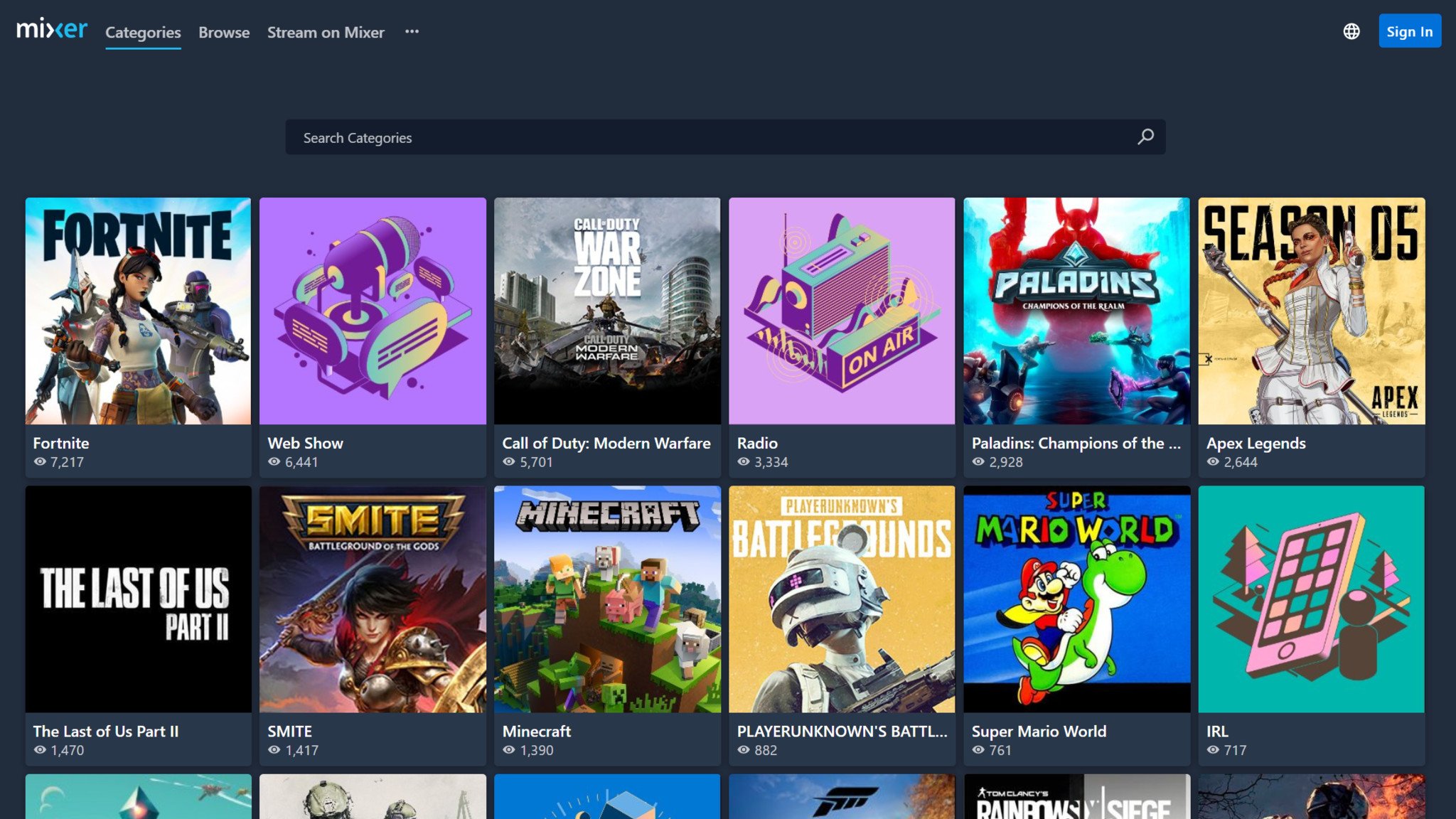 Microsoft's Mixer live streaming home page, host to millions of viewers and streamers.
Microsoft's Mixer live streaming home page, host to millions of viewers and streamers.
The notice left many creators dazed, and many aired their reactions live to their audiences mid-broadcast. In addition to those tied to legal exclusivity contracts, the surprise struck streamers of all sizes, including those with livelihoods deep-rooted in the Mixer ecosystem. We reached out to Microsoft for details, but the company declined to comment on its handling of the announcement.
'To find out you're losing your job, through a tweet, it felt like a slap in the face.' — former Mixer streamer 'NVAD3'
"That day I was devastated, in tears all day," said former Mixer streamer, Chris Covent, in an interview with Windows Central. Covent established more than 200,000 followers over four years, was among the most prominent personalities on the platform, and even moving to Washington to settle closer to Mixer's Redmond HQ. "I couldn't believe it. I couldn't talk to my community. I couldn't look at anything. My phone was exploding, literally on fire, more than any other day. I was like, @#$%, what do we do?' Because we just re-signed this really expensive lease, and now our future is uncertain ... There's no way they could do this to us. No way. Just kept repeating it. I walked to my living room. I just sat on the floor up against the wall, and I just stared at my phone. My whole world crashed. My whole world came tumbling. It felt like four years of my life just gone."
Allan Shofner, known under Mixer alias "NVAD3," was also among those prominent names set to lose his nearly quarter of a million followers with the shutdown. "No one in the world expected that tweet to happen," Shofner said. "I was literally watching a friend's stream ... all the faces that were watching that announcement were just jaws wide open. Like, 'You've got to be kidding me.' That was pretty much my reaction too, which then turned into anger, which then turned into tears. We honestly could not believe it, that they just had, for lack of better words, pawned it off."
"It didn't really feel real, and it didn't really sink in for a little bit," said former Mixer streamer "RunawayLobster," who also went full-time earlier in this year. "When you put all your effort and your time and your heart into a platform because you think it's gonna succeed, and then they turn around on Twitter and then tell you that it's basically gonna shut down in a month without any heads up or anything, it's really heartbreaking."
Microsoft's decision to shutter Mixer wasn't a surprise, but ...
The closure marks a radical change for many, but a share of that frustration hinges on its delivery, with Microsoft first publicly outlining the decision through a series of tweets. Like many streaming platforms, Mixer had a long-standing partnership program that allowed Microsoft to formally promote and foster relationships with its most prominent streamers, who best represented the brand. While Redmond briefed those tied up in exclusive contracts and small groups of media, all but a few of its top partners and staff members were kept in the dark.
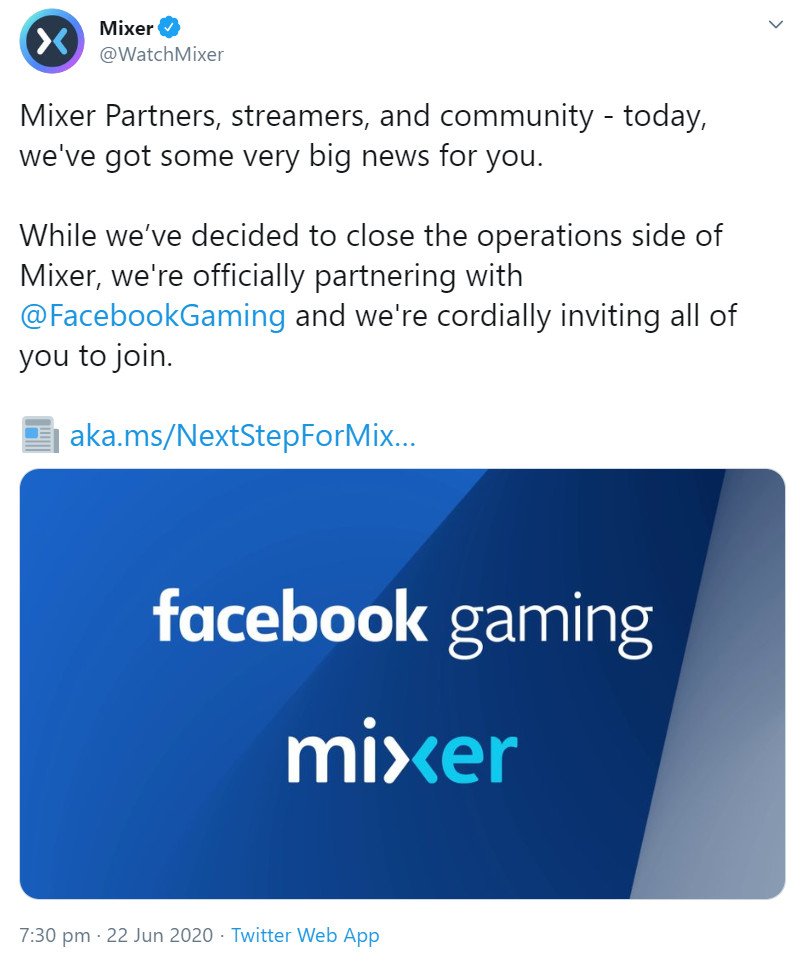 Microsoft announced the closure of Mixer on Twitter.
Microsoft announced the closure of Mixer on Twitter.
In retrospect, the writing was on the wall for Mixer's demise. While Microsoft hasn't extensively talked motives behind the shutdown, third-party numbers depict the likely reality. The COVID-19 pandemic and stay-at-home orders saw streaming viewership climb, with a StreamElements report suggesting triple-figure year-over-year growth for Amazon-owned Twitch and Facebook Gaming in April 2020. The same analysis put Mixer up just 0.2 percent, staying flat during what should've been an equally historical surge.
StreamLabs' corresponding findings also state that in Q2 2020, Mixer streamers outnumbered those on Facebook Gaming and YouTube Gaming combined. The platform also saw more hours streamed than other rivals, only bested by Twitch. Content output wasn't behind the downfall, and a failure to retain users to watch was the culprit. While this is only a narrow slice of recent highs and lows for Mixer, it was far from the success story Microsoft hoped to achieve.
How Mixer went from experimental startup to SNAFU
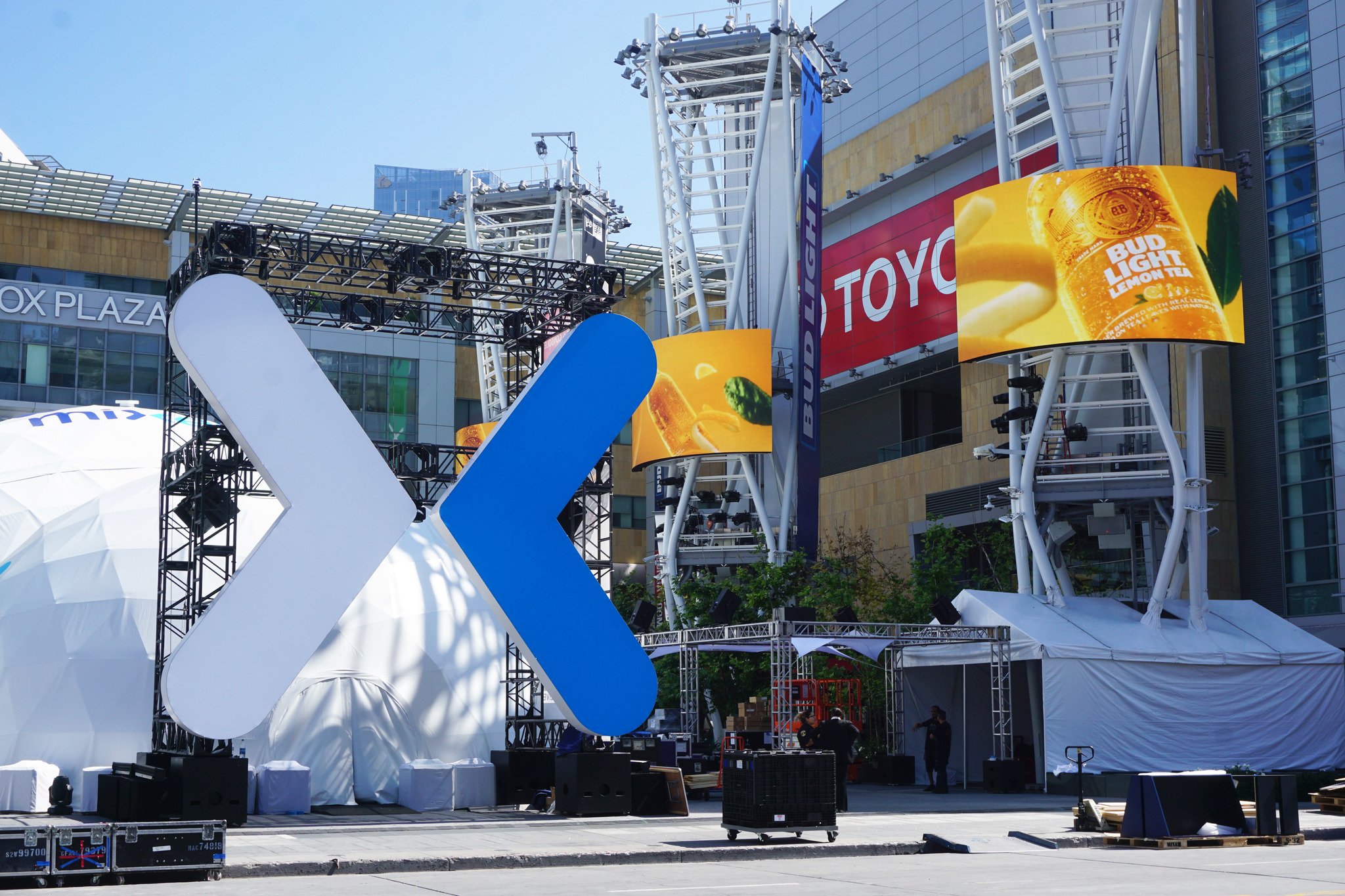 Mixer occupies Microsoft's 20,000+ square-foot "Xbox Plaza" in downtown Los Angeles for E3 in June 2019.
Mixer occupies Microsoft's 20,000+ square-foot "Xbox Plaza" in downtown Los Angeles for E3 in June 2019.
Microsoft first entered the streaming game through its acquisition of Beam, an independent venture from Matt Salsamendi and James Boehm, 18- and 20-year-olds, respectively, in mid-2016. The platform discovered its voice through interactivity and a community-oriented vision, which grew in tandem with new features under the Mixer rebrand.
Throughout its early days, Mixer was defined by its faster-than-light (FTL) technology, cutting latency to deliver sub-second delays between streamers and their audiences. It released further features on the back of those video encoding triumphs, including multiple synchronized feeds dubbed "co-streams" and allowing hosts to virtually "pass" the controller to Mixer users. While rivals were quick to react, soon reflecting those most influential oddities on other platforms, Mixer retained a community-geared brand image.
With Microsoft further investing in Mixer over the years that followed, a growing population discovered opportunities to secure full-time income. Talking with those endorsed by Microsoft through its Mixer Partner initiative, many saw the platform become their livelihood.
"I was on Twitch from 2012 to 2016," said Covent. "And then I caught wind that [Microsoft] was acquiring a platform. I went over to Beam and checked it out, and I enjoyed what I saw because they had the low-latency FTL technology, and it was pretty revolutionary back in 2016. Because if you were used to watching a Twitch stream, it was like 20 to 30 seconds delay back then."
'I picked up and moved from Detroit to Seattle [...] That was purely due to Mixer feeling safe to me.' — former Mixer streamer 'Covent'
Covent was among those who saw Mixer as a full-time career, along with his partner, who is also a dedicated streamer. He reflects on attending conventions across the U.S. with Microsoft, taking opportunities to represent the platform at industry events like E3 and PAX. With several stable years and Redmond simultaneously pouring resources into building its talent pool, the broadcasting duo saw an opportunity to move cross-country for Mixer.
"There were a lot of staff who were like, 'Dude, come on out, man. If you and [his partner] Britni were out here, and in the Seattle area, close to Mixer, we could do things with you. You could help us grow the brand in house. We could put you on our shows. We could showcase you more ... [So] I picked up and moved from Detroit, Mich., to Seattle, Wash., which is like 2,000 miles away ... That was purely due to Mixer feeling so safe to me."
Former Mixer Partner "BobDuckNWeave" was also among those who found Mixer during its formative months, initially drawn to its unique features. The platform also opened unique opportunities for the group, with its co-stream feature enabling multiple perspectives of the same gameplay sessions. "I first started streaming on Mixer before it was acquired by Microsoft when it was still Beam," BobDuckNWeave said. "I began streaming on Mixer due to its unique features like FTL (ultra low latency) and co-streaming, which is where your chat and up to four others is combined along with your broadcasts onto one single screen … My growth started to accelerate, and around this time my wife gave birth to my son, who has Down syndrome."
Due to the extra attention his son required, they moved from London and nearer to family, so he could work remotely and spend more time with his son. "A by-product of this was I was able to now stream more and more due to the lack of work at my job … at that point, my wife and I decided that I should take some time off and try streaming full-time."
For some, a career with Mixer was unplanned, providing their first full-time opportunity in content creation. "I went full-time at the beginning of the year, so I think it was before lockdown," RunawayLobster said. "I actually quit my job, to go full time. Because I also met my partner on Mixer, so I moved from North Wales, down to England, to be with them. I thought it was a really good opportunity to go full-time, and then move down to somewhere new as well."
A tale of big acquisitions and mishandled allegations
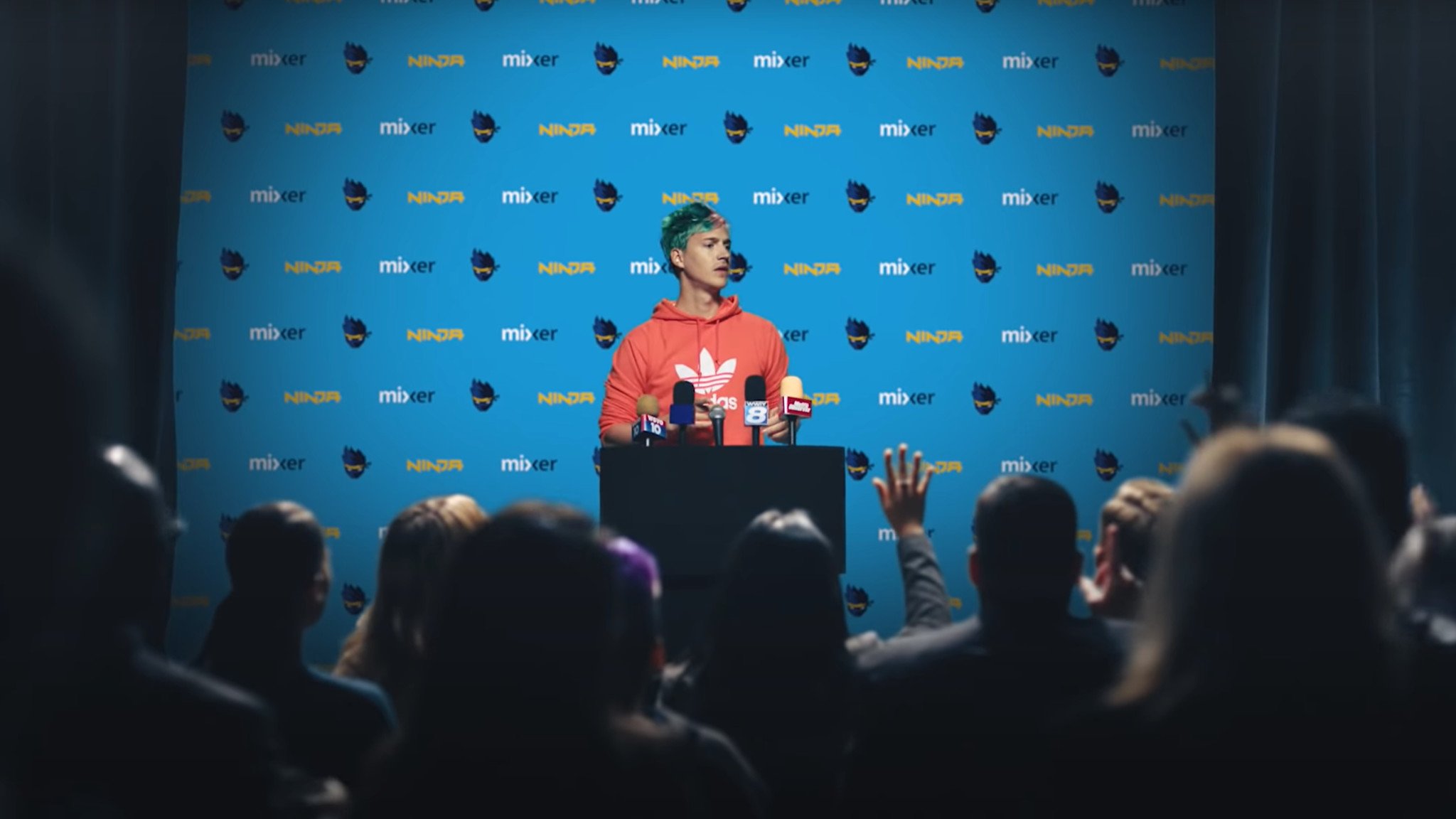 Tyler "Ninja" Blevins announces his move to Mixer after signing an exclusivity contract with Microsoft.
Tyler "Ninja" Blevins announces his move to Mixer after signing an exclusivity contract with Microsoft.
Microsoft continued to scale its platform over the years that followed, but it was with the famed 2019 deal with Tyler "Ninja" Blevins that Mixer truly fell into the spotlight. Blevins, inarguably the most famous streamer of the moment, had become the face of Fortnite's monumental rise, pushing streaming into the mainstream. The deal between the two parties saw Ninja stream exclusively on Mixer, and the partnership was reportedly valued between $20 to $30 million.
But even with the world's hottest streamer already on its side, Microsoft followed up with only more talent acquisitions. It onboarded Michael "Shroud" Grzesiek, Cory "King Gothalion" Michael and Soleil "Ewok" Wheeler, momentarily boosting its perception as a rising Twitch rival. And while the move prompted similar actions from Amazon and Google, all indicators suggest that for Mixer, the payoff wasn't there.
"I think just streamers in general thought that once we acquired Shroud, Ninja, Gothalion, and Ewok — and a couple of other people I believe as well — that there was no way that Mixer wasn't going to be at least put on the map. That it wasn't going to create some type of waves," streamer Shofner. a.k.a., NVAD3, said. "And the fact that with the recent reports, basically proving that it did absolutely nothing, is a tough pill to swallow ... How does a platform go from being supposed to be known as a real community, to where it's at now? If you had told me three years ago that this is where we'd be, I would have laughed at you."
 Microsoft casts Michael "Shroud" Grzesiek in an ad for Xbox Game Pass, its subscription service for PC games.
Microsoft casts Michael "Shroud" Grzesiek in an ad for Xbox Game Pass, its subscription service for PC games.
Mixer's final months brought light to rising internal tensions that were later perceived as one of several attributes stifling the platform's growth. Mixer co-founders Salsamendi and Boehm, both departed in late 2019, following a wave of layoffs impacting content creators and producers. Morale appeared to hit an all-time low, with existing issues further compounded by new leadership. Leaked footage from an internal Town Hall captured a potential glimpse into concerns, featuring Mixer head Shilpa Yadla downplaying employee frustrations.
Public-facing allegations of a toxic work culture surfaced just days before Microsoft's announcement, with former staff member Milan Lee and others corroborating instances of racist comments from leadership, including using slavery as analogy to describe partner relationships. Those actions reportedly went unchecked, though executive vice-president of Gaming at Microsoft and Xbox chief Phil Spencer did publicly respond on Twitter.
Microsoft declined to comment, instead referring us to previous comments it made to The Hollywood Reporter. "We have been in contact with Mr. Lee seeking to better understand his experience," a Microsoft spokesperson said. "We do not tolerate any form of discrimination and thoroughly investigate all employee concerns and will take appropriate actions as warranted."
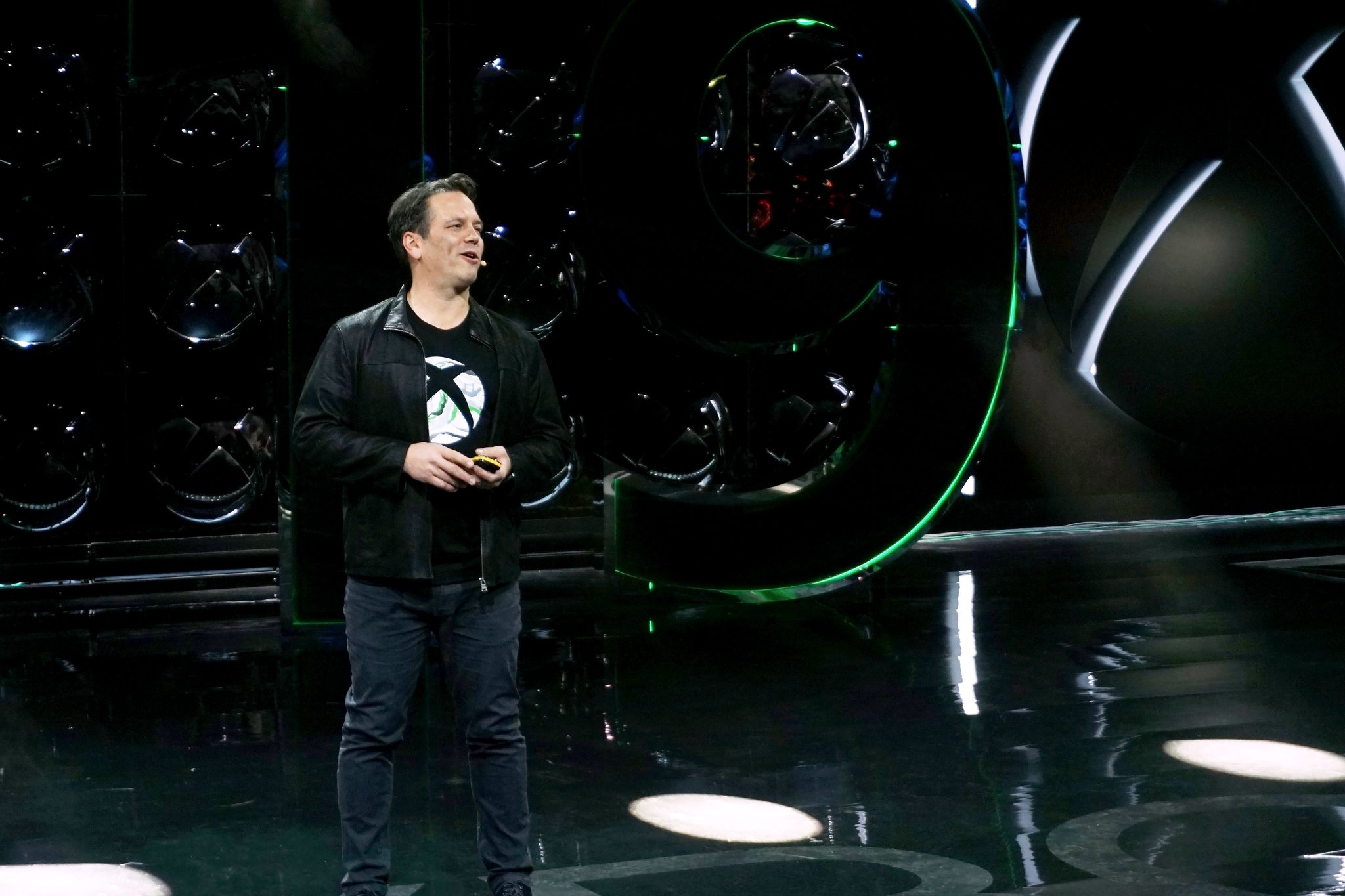 Executive vice-president of Gaming at Microsoft, Phil Spencer, stands on-stage at its X019 event in London.
Executive vice-president of Gaming at Microsoft, Phil Spencer, stands on-stage at its X019 event in London.
Those grievances surfaced in parallel to allegations of sexual misconduct against several top Mixer partners. Microsoft reportedly turned a blind eye to concerns. These were the final catalysts that drove a call for a response, with its announcement to sunset Mixer already scheduled for just hours later.
"My initial reaction was 'no way,'" said Shofner. "If you're following what was going on, you understand everything that was happening behind the scenes of Mixer. We all assumed, they're going to take care of the racial allegations and stuff. That's going to be taken care of. And then the sexual predators that are being talked about on there, that's going to be taken care of as well. And then now that Phil's getting involved, we're going to kind of start taking steps in the right direction ... [a]nd we all kind of assumed that somewhere in a week that we'd get an announcement that, you know, she's been fired and that this person has been removed and kind of just clean up all the garbage that we had on our platform."
"I didn't think that was gonna take it down," said Covent. "I was like, they're gonna take care of this. ... I believed they would do the right thing, fire that employee, make a statement that we don't tolerate this @#$%. That we are moving on, we're moving forward."
"Maintaining a safe, friendly, welcoming community and environment is a priority at Mixer," a Microsoft rep said in a later statement. "We take any accusations extremely seriously and conduct thorough investigations to determine the most appropriate course of action."
For those speaking out, Microsoft's approach has left many leaving the platform with a lasting bitterness — not down to the closure itself, but the handling of it. Microsoft also has not yet extensively responded to many allegations facing staff or those endorsed through its partner program. And while Mixer's fate was likely decided far ahead of time, the community climate made for poor timing.
"The delivery of the announcement shows the complete lack of empathy you'd expect from a corporation like Microsoft." — former Mixer streamer 'BobDuckNWeave'
"[It was] worse than a breakup via text from your other half of five years," said BobDuckNWeave. "I put in three years of time and energy. For others, Mixer was their life. The delivery of the announcement shows the complete lack of empathy you'd expect from a corporation like Microsoft."
He's not the only one who feels that way. "I think it's shocking. I think they should have made a statement about everything that happened first," said RunawayLobster. "They should have reached out to staff and partners first. I think they handled it really, really badly."
"For all of us, the people who helped build the platform, we had no idea. For us to find out you're losing your job, through a Twitter tweet, it almost felt like it was like a slap in the face," said Shofner. "But then again, it is Microsoft ... [a]nd they're cutthroat about it. That's how they've always been. I just didn't think it was going to be that way in this situation."
An abrupt end for Mixer
For Mixer's streamers, it's time to adapt. While Microsoft has proposed a streamlined onboarding experience at Facebook, many fomer Mixer streamers are gravitating to Twitch. Various streamers have also voiced their distrust in Facebook and its business practices outside of gaming. And while it is still early days, many have found initial support from their audiences amid the migration, some even nearing their previous numbers on Mixer.
But for Mixer, it's the end of the road.
Microsoft remains committed to closing up on July 22, 2020, redirecting traffic to the social media giant and concluding another chapter in its services. That's a shame given its once-unique voice and substantial backing from one of the world's largest organizations. If nothing else, this story spotlights the ruthless nature of the hyper-competitive, fast-evolving streaming landscape.

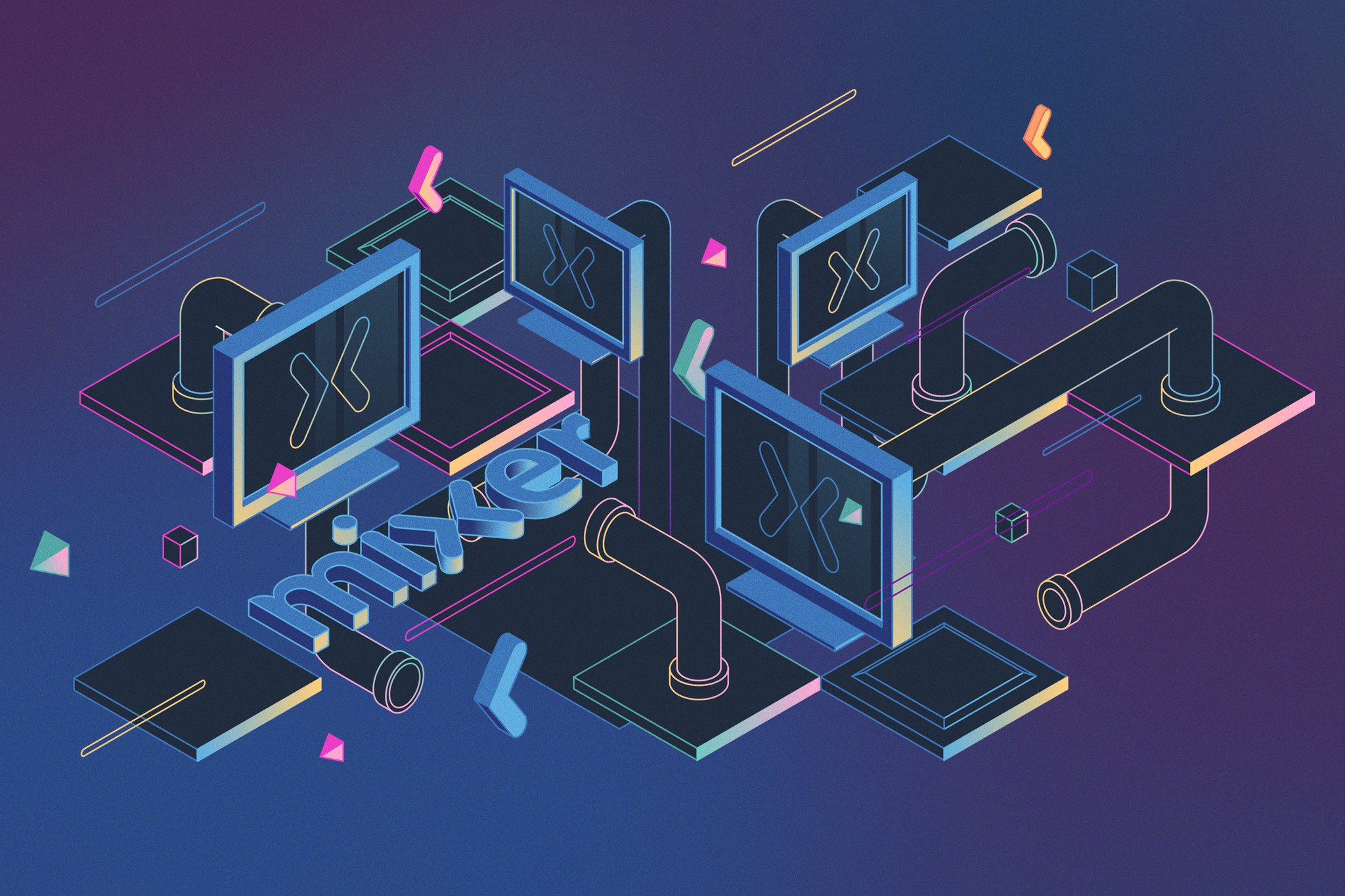

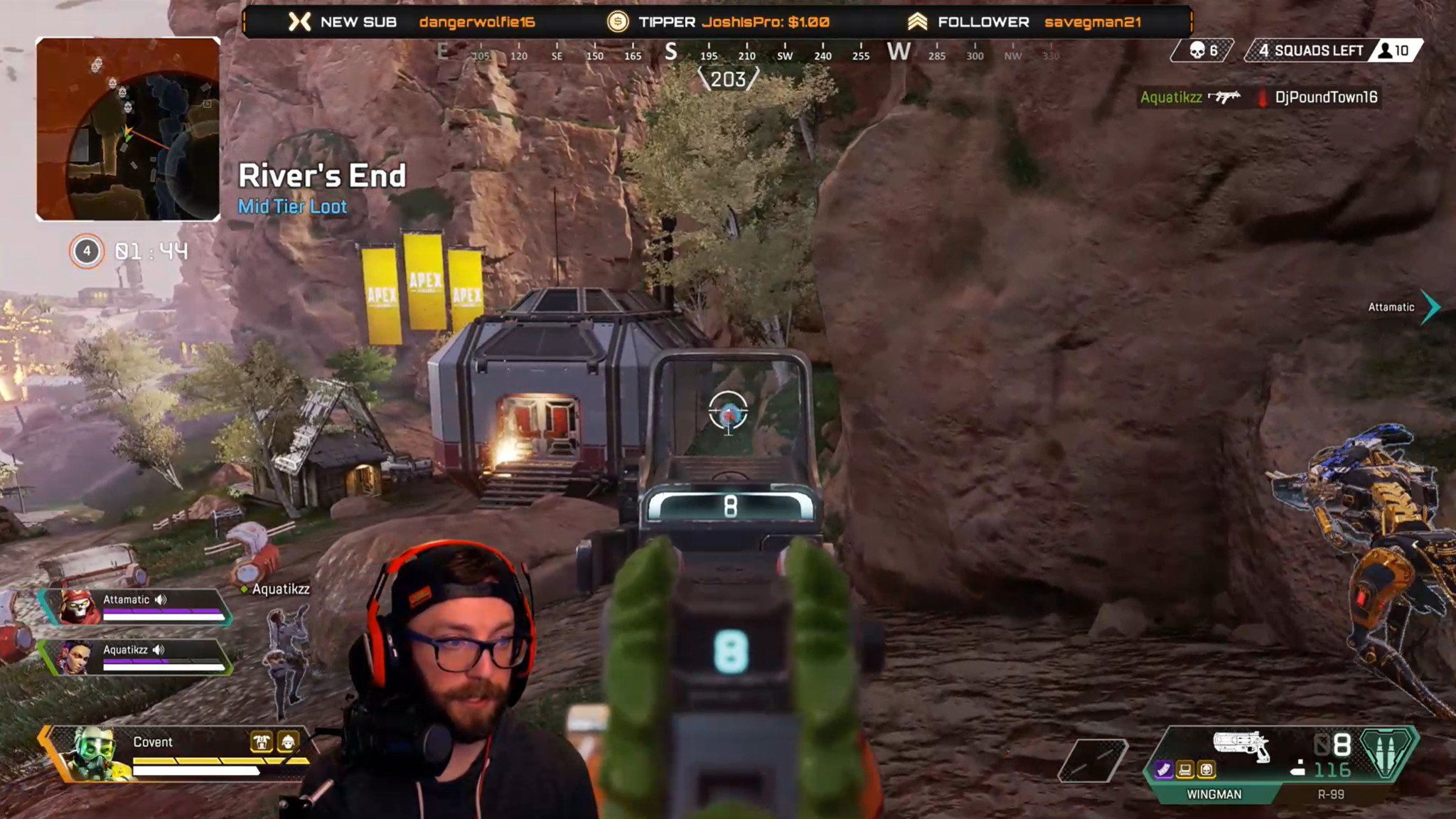
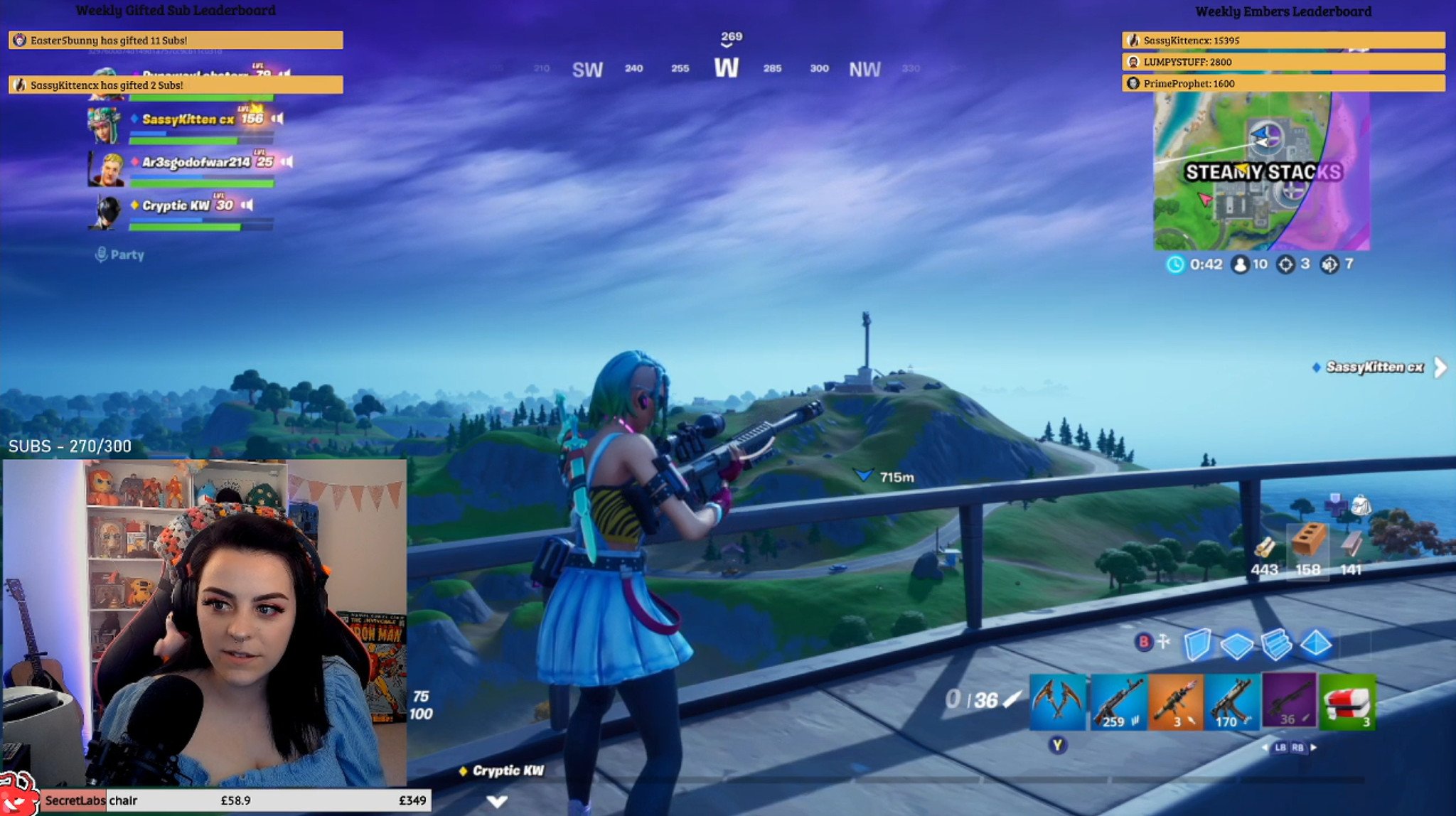
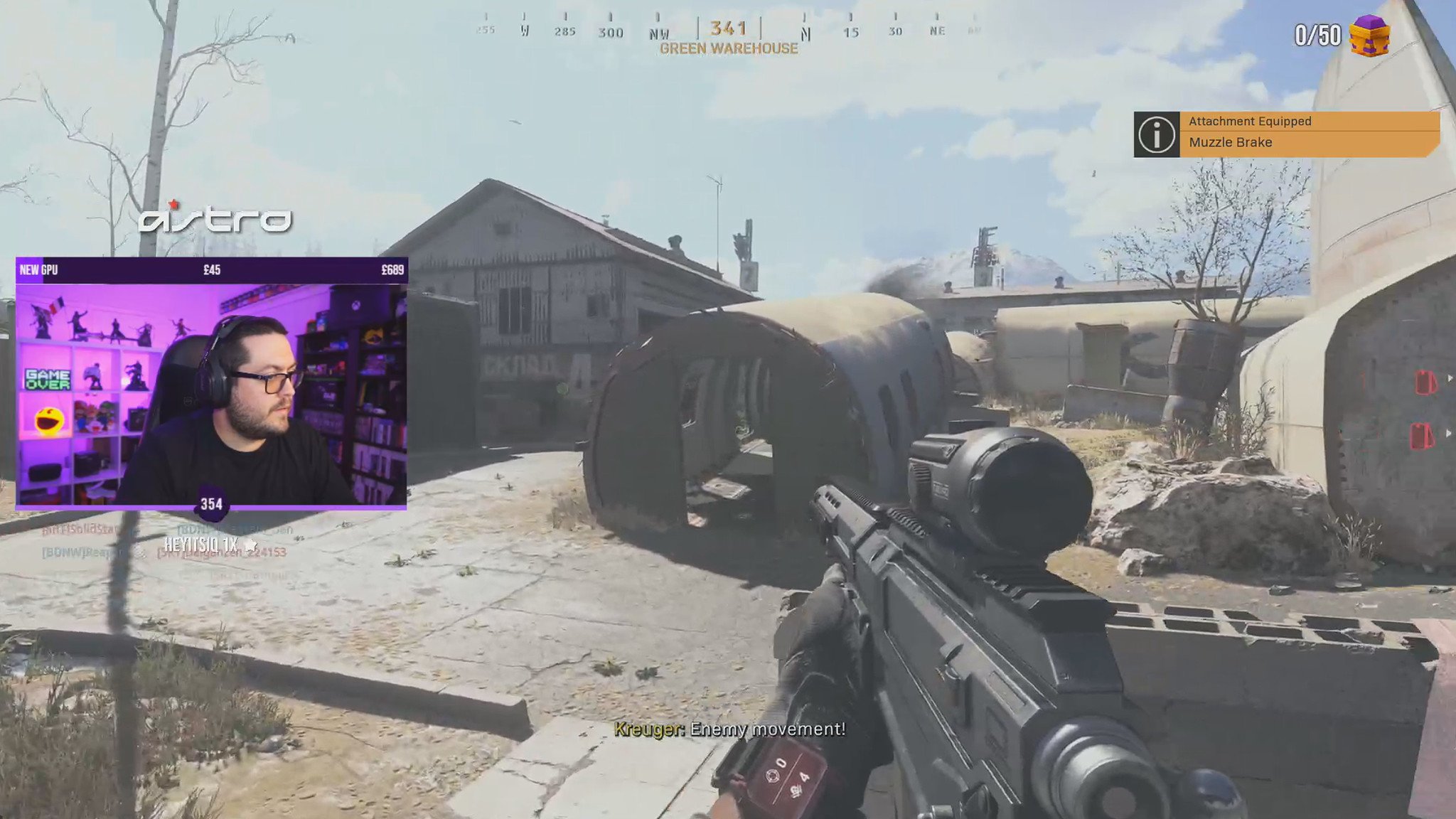





0 comments:
Post a Comment